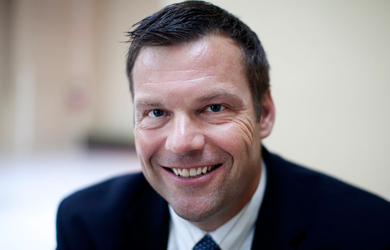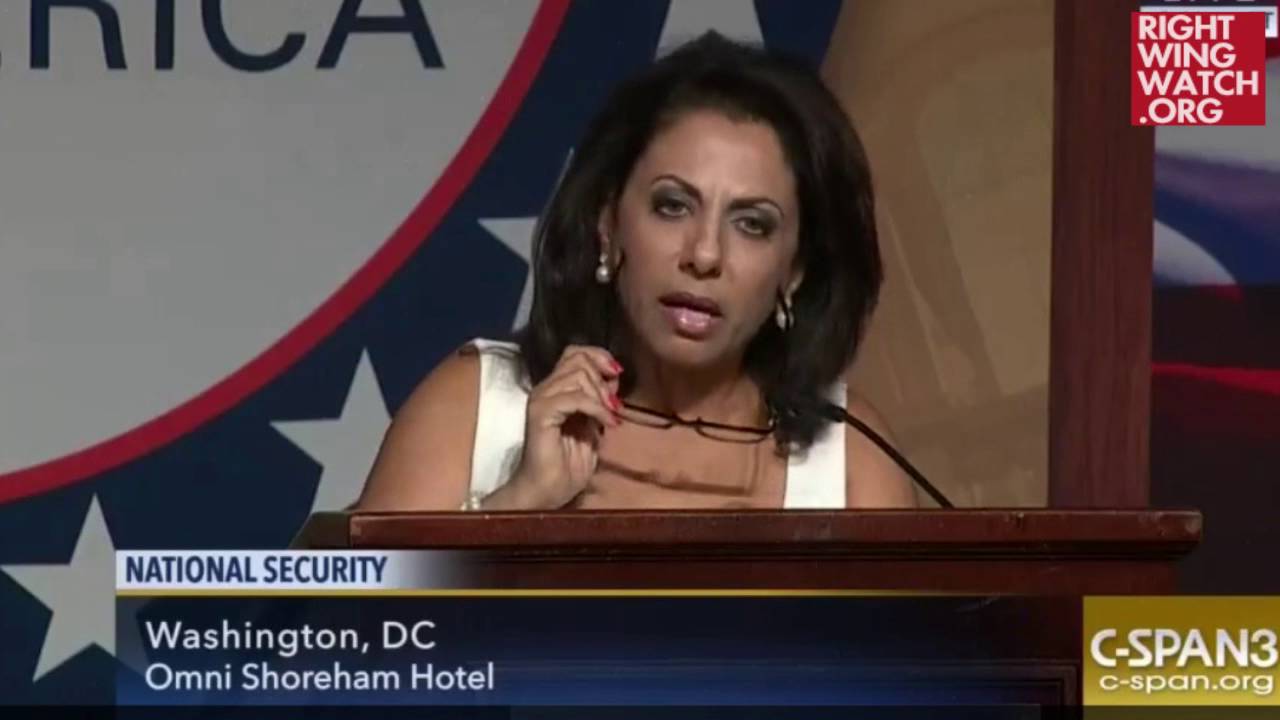In the run-up to the first general election in which Kansans have been required to provide one of a narrow set of “proof of citizenship” documents in order to register to vote, nearly 20 percent of voter registration applications in the state have been rejected or suspended, according to a Kansas political science professor.
University of Kansas professor Patrick Miller told Kansas City’s NPR affiliate last week that a large percentage of these suspended or rejected registrations are from independents, “essentially making the electorate more Republican”:
An even larger group than those who have had ID problems at the polls are those voters who haven’t yet proven U.S. citizenship, another provision of the new law. There are 22,468 voters whose registrations are suspended because they are lacking citizenship documentation, according to the Secretary of State’s office. That’s larger than the population of Prairie Village, a Kansas City suburb.
“This is a big change for Kansas. In 2010, we only rejected .03 percent of voter registration applications,” said Patrick Miller, a University of Kansas assistant political science professor. “Whereas in 2014, we’ve suspended or rejected almost 20 percent. That’s a massive increase.”
Of the nearly 22,468 suspended registrations, 18 percent are Democrats, nearly 23 percent are Republicans and a whopping 57 percent are independents, or unaffiliated. The new law has effectively made the electorate more partisan, Miller said.
“It’s filtering out independents, the swing voters, making proportionately the electorate more Democratic, more Republican,” Miller said. “In Kansas, the effect of this is essentially making the electorate more Republican, given that Republicans have a registration advantage here.”
The new Kansas law was championed by Republican Secretary of State Kris Kobach, who has also been in charge of implementing it. Kobach is facing his own tough reelection battle this year thanks in part to the mess created by his new voting restrictions.





